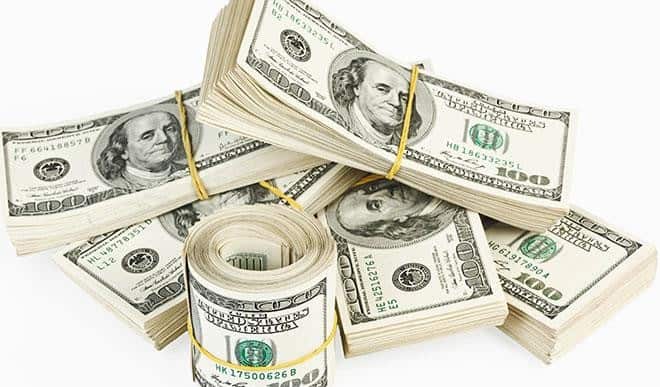NIGERIA’S foreign reserve closed the month of July 2021 at $33.4bn, appreciating marginally by $79.1m compared to last month’s $33.32bn.
According to data extracted from CBN’s website, foreign reserve declined by $1.97bn compared to $35.37bn at the start of 2021.
Join our WhatsApp ChannelThe current state of Nigeria’s foreign reserve represents a 0.24% marginal increase. Notably, it witnessed a persistent decline in the year until recently in July which increased by a large amount on the exchange rate of the naira.
Looking at the statistics from CBN, it showed that Nigeria’s foreign reserve dipped 1.07bn since the beginning of 2015 which represents a 3.1% decline as compared to $34.47bn that was recorded on 31st of December 2014.
The decline in the reserve position had however been attributed to a number of reasons that includes widening trade deficit, huge decline in foreign inflows, decline in export earning, intervention at the I&E window and also the BDCs.
It is worthy to note that, there was a significant jump in Nigerians foreign trade balance in the first quarter of 2021 that hit a high of N3.94trn deficit that is caused by a piled pressure on import bills. The massive reliance on the importation of goods and services that threw Nigeria into its highest annual trade imbalance in 2020.
However, Foreign Direct Investment (FDI) into Nigeria fell to the barest low level in 11 years with FDI dropping significantly.
The CBN governor, Godwin Emefiele, during his press briefing, noted that the marginal increase in the reserve in the month of July. In terms of boosting the reserve position, Emefiele noted that the possibility of boosting the external reserve by issuing diaspora bonds.
According to Emefiele, “Members further noted the contribution of poor infrastructure to rising domestic price levels, re-iterating their call to the Federal Government to prioritize investment in public infrastructures such as improved transportation networks, power supply, and telecommunication facilities,” Mr Emefiele said.
“Funding for such projects, the Committee noted, could be sourced through Public-Private-Partnerships, as well as the issuance of diaspora bonds. It emphasized the complementary role these bonds would play to boost foreign exchange supply, improving accretion to reserves and easing the exchange rate pressure,” he added.
Although, an increase in foreign reserve is expected to ease the pressure currently on the naira. The CBN in a move to manage the current currency problem banned the sales of forex to Bureau De Change operators in Nigeria.
The increase in the country’s foreign reserve means more funds for the CBN to effectively manage the naira against foreign currencies, as well as help the federal government adequately cater for pent-up financial obligations.















Follow Us